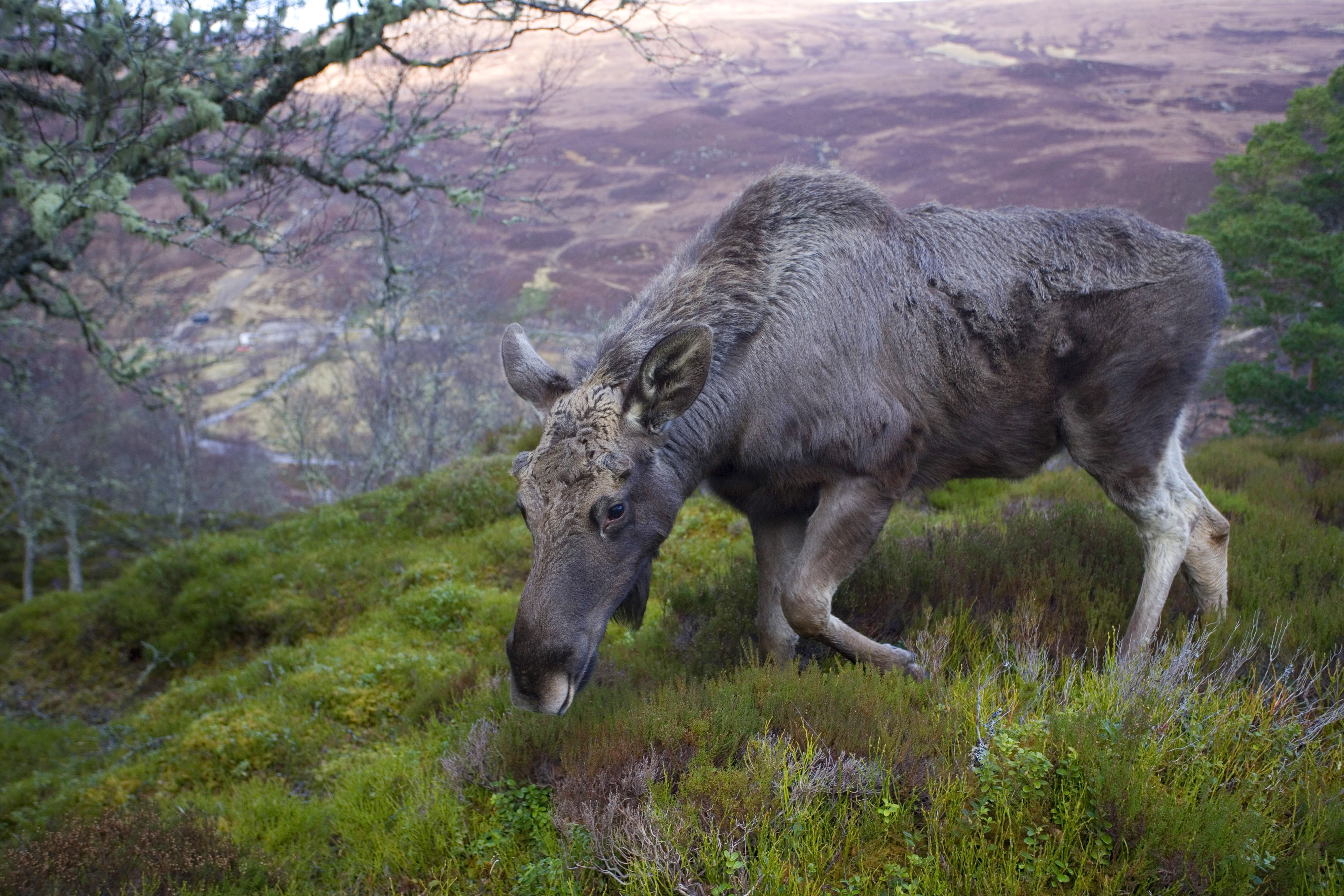Country Life Today: The astonishingly simple solution to making our canals litter-free and beautiful
Today we look at why our canals have become rivers of plastic, but it needn't be that way; the scrapping of the M4 relief road in South Wales; and the first baby crane hatched at Wicken Fen in half a millennium.

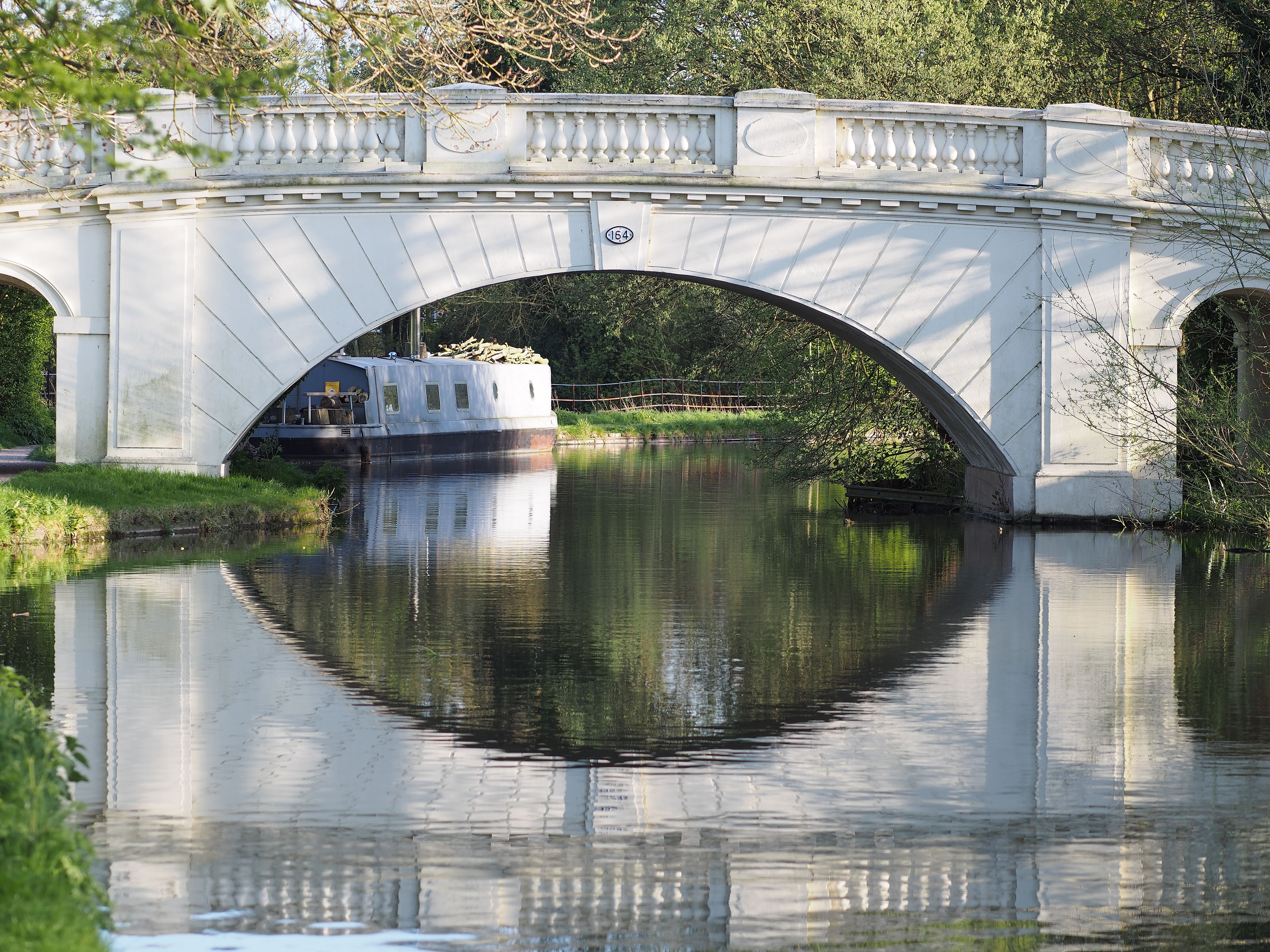
The litter that blights our canals has a brilliantly simple solution
More than half of the litter in the canals of England and Wales is made up of plastic bottles and wrappers, according to a new study by the Canal & River Trust. Depressingly, they also found that 570,000 pieces of this litter end up washing into the oceans each year.
Yet the solution is incredibly simple – and it relies on the huge numbers of people who walk, cycle or jog along these waterways. If every visitor picked up just a single piece of plastic per visit, the entire network could be plastic-free in a year.
'We know that life is better by water and more people than ever appreciate the benefits of spending time alongside our waterways, right at the heart of thousands of communities across the country,' Richard Parry, chief executive of Canal & River Trust, told The Guardian.
'Plastic- and litter-free canals are beautiful, inspiring places for people to enjoy, whether for everyday use or a one-off visit, whilst also being hugely important habitats for some of the nation’s much loved and endangered species.'
Full Story (Guardian / Telegraph)
Meet the first crane born at Wicken Fen in half a millennium
Ironically named, the common crane is not so common in the east of England – or anywhere in England for that matter, since it's on the UK’s amber conservation list.
But there was good news for the species last week when a baby crane hatched at the National Trust’s Wicken Fen Nature Reserve. It was the first to be born at the location in at least 120 years, and possibly as much as 500 years. And now the National Trust have shared the video above so you can take a look.
Exquisite houses, the beauty of Nature, and how to get the most from your life, straight to your inbox.
M4 relief road scrapped due to foreseen environmental impact

Great news for countryside crusaders; bad news for motorists. The planned M4 relief road in South Wales has been axed by Wales's First Minister Mark Drakeford.
The £1.4bn plan was to build a 14-mile motorway to relieve the constant congestion faced by travellers coming over the bridge into or out of Wales, particularly around Newport. However, Mr Drakeford has shelved the plans for the third time, despite a ‘compelling’ case put together through inspection and public enquiry (a process which, according to the BBC, has already cost £44m). Cost and environmental concerns were both factored in, but Mr Drakeford added that, 'even if the M4 relief road had been affordable, I still concluded that I would not have proceeded.'
Reactions to the news are decidedly mixed, with Welsh Secretary Alun Cairns proclaiming it a ‘dark day’ and Friends of the Earth celebrating the ‘great news for Wales and the planet’. Mr Cairns’ attempts to conceal his frustration at the continual delay of the project are barely concealed and, if we may say, very British, as he adds ‘It appears that the first minister thinks he knows better than the independent inquiry.’
Quote Of The Day
'Never speak ill of yourself, your friends will always say enough on that subject'
- Charles Maurice de Talleyrand
A new twist on the Butterfly Effect – do we put wrong what once went right?
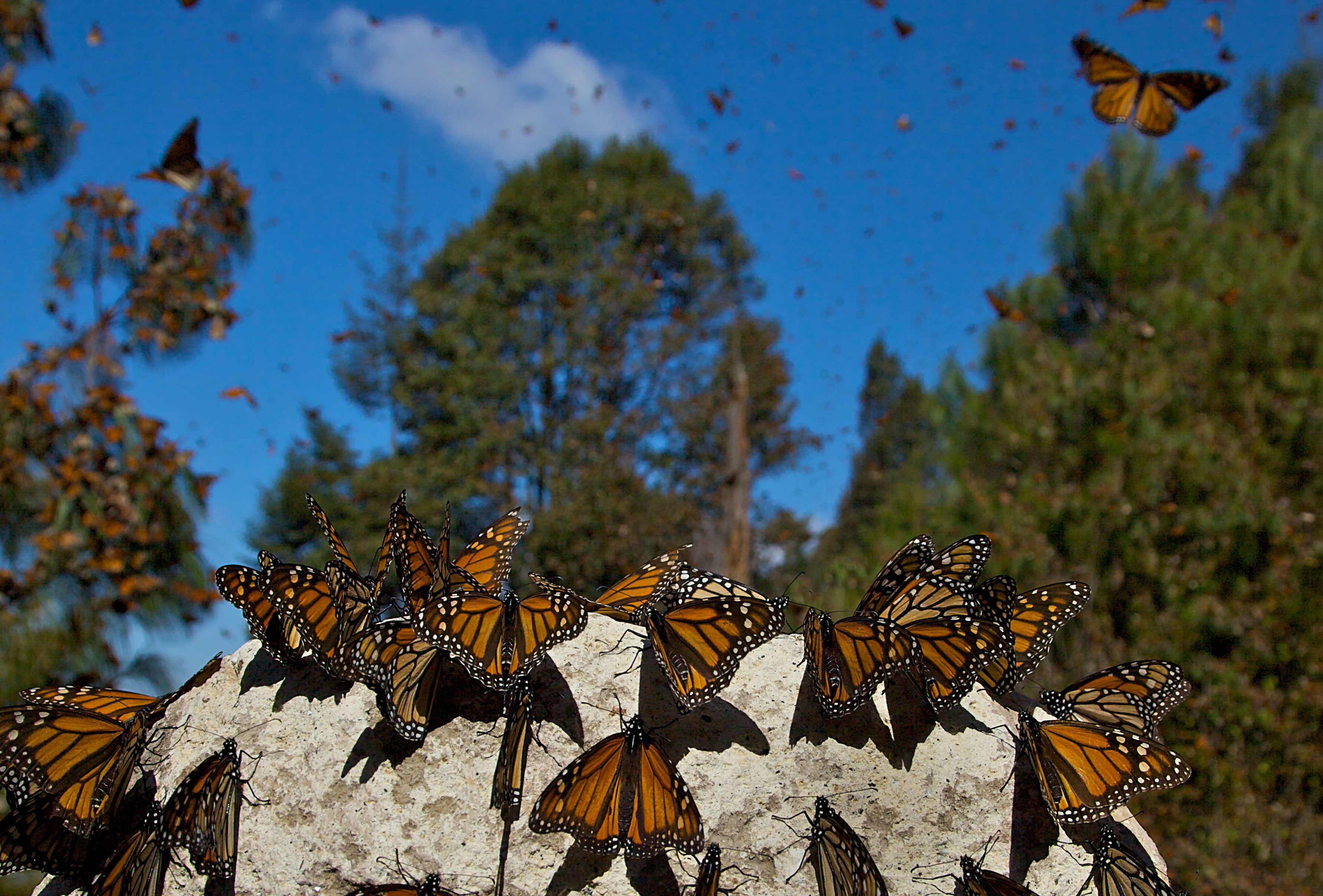
It’s a bold claim to make; that a butterfly flapping its wings in Berkshire could cause a hurricane in China. Or is it a butterfly in Buckinghamshire and a typhoon in Japan? Either way, the phrase has become a byword for the law of unintended consequences.
And that's particularly apt in the case of the plight of Monarch butterflies in the USA, which have come under threat due to human intervention – yet which only thrived in the first place due to different human intervention in the first place.
A report in The Atlantic explains how the initial development and utilisation of land in America actually aided this lovely creature: the Eastern USA, almost entirely covered in forest before 1492, is now more-than-half farmland — an environment in which milkweed (the Monarch caterpillar’s only food) thrives.
However, the more-recent introduction of close-packed farming and powerful insecticides has reduced the butterflies’ breeding ground and set the migration patterns back again.
This is where it gets tricky; instead of reforesting land and returning it to its natural, pre-development state, conservationists in America have chosen to plant milkweed parks to maintain the Monarch migration patterns; patterns which didn’t exist before human intervention in the first place.
It’s a bit of a mind boggler, but it does raise interesting questions in what we should be doing to help the environment – restoring the one we had or protecting the one we have now?
And finally...It's a bit like saying 'you, too' when someone wishes you 'Happy Birthday'
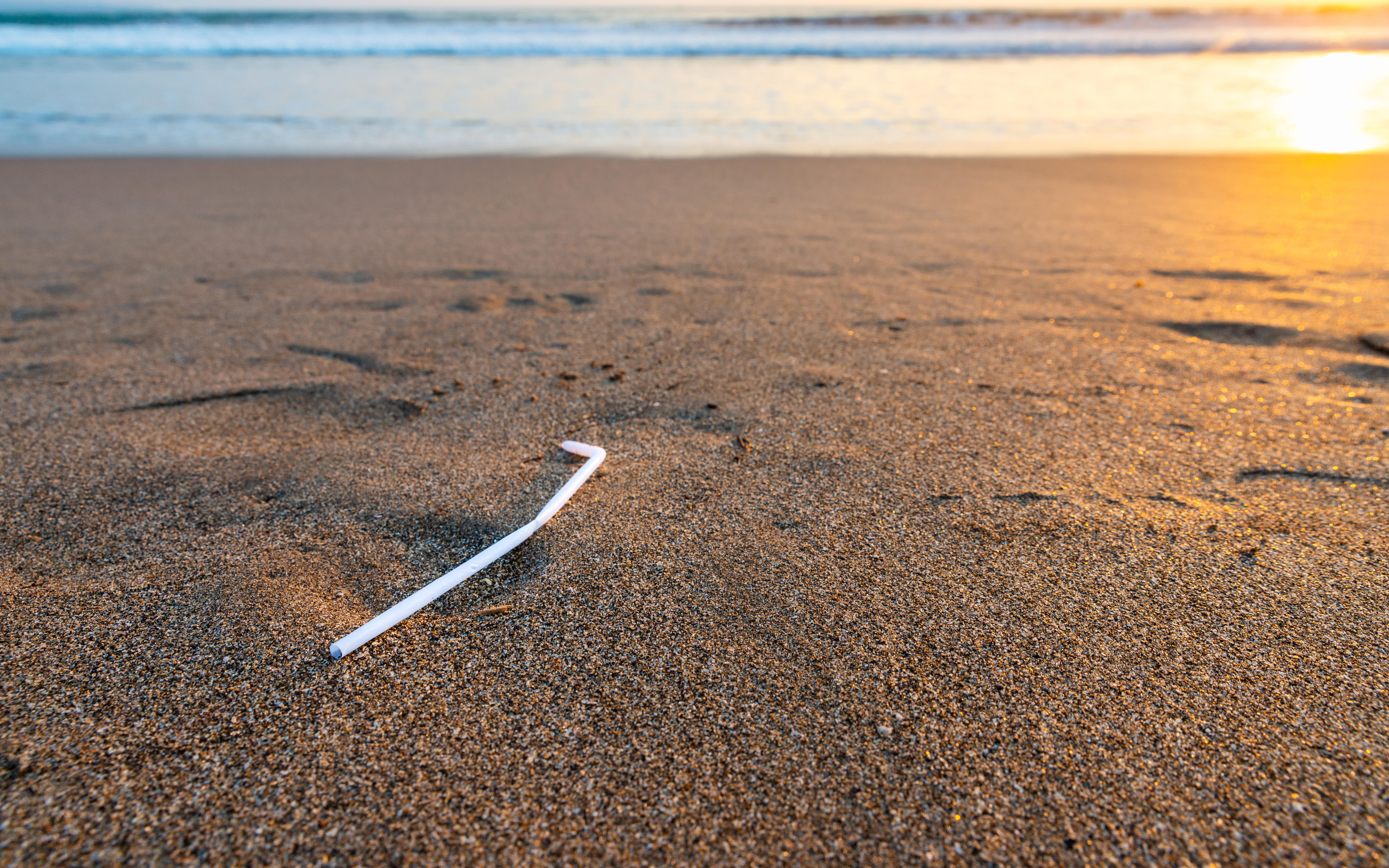
Country Life Today: The war on plastic takes aim at drinking straws
In today's news round-up, we look at the latest efforts to tackle plastic pollution; worrying update on what might happen
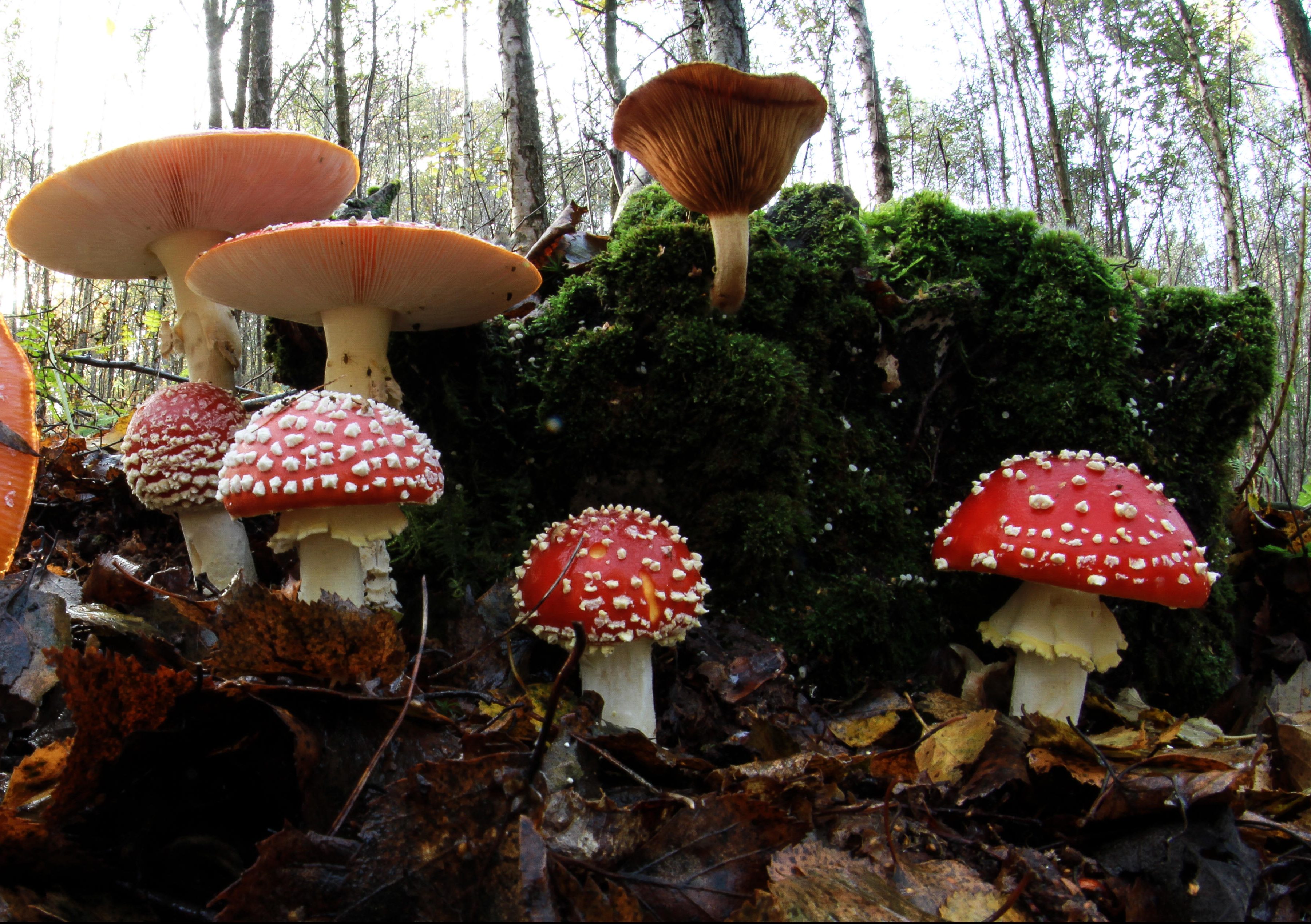
Country Life Today: The billion-year-old fungi that could rewrite the story of evolution
Fungi has been discovered that could change the story of how life evolved; an insider's guide to spotting seals; how
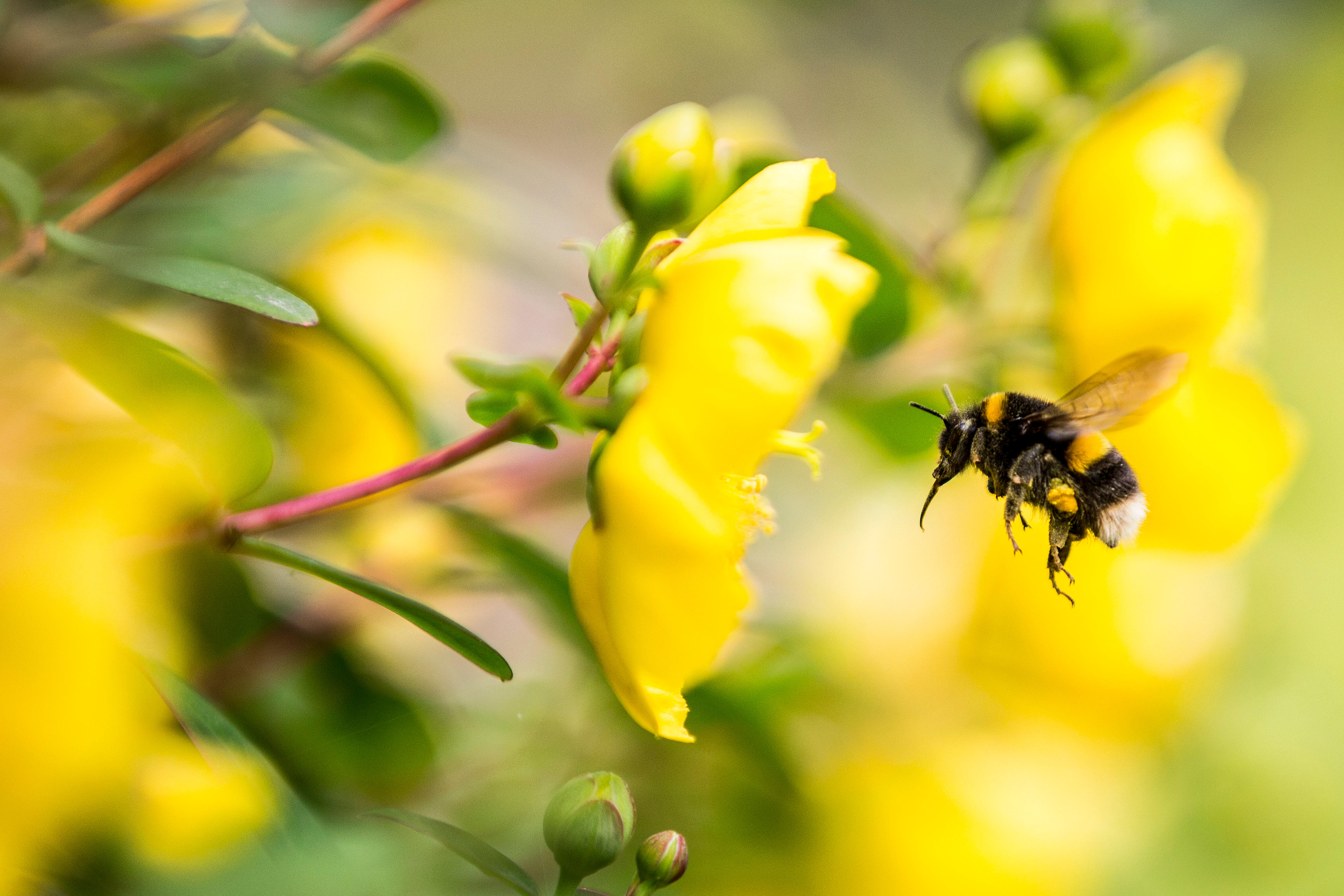
Country Life Today: Bumblebees still reeling after 'Beast from the East', and the eagle that broke the internet

Country Life Today: Britain's most popular dog, how birdfeeders changed Britain and getting arrested for pebble-picking
The Kennel Club have released their latest stats on dog registration; the RHS are warning about a potential new garden
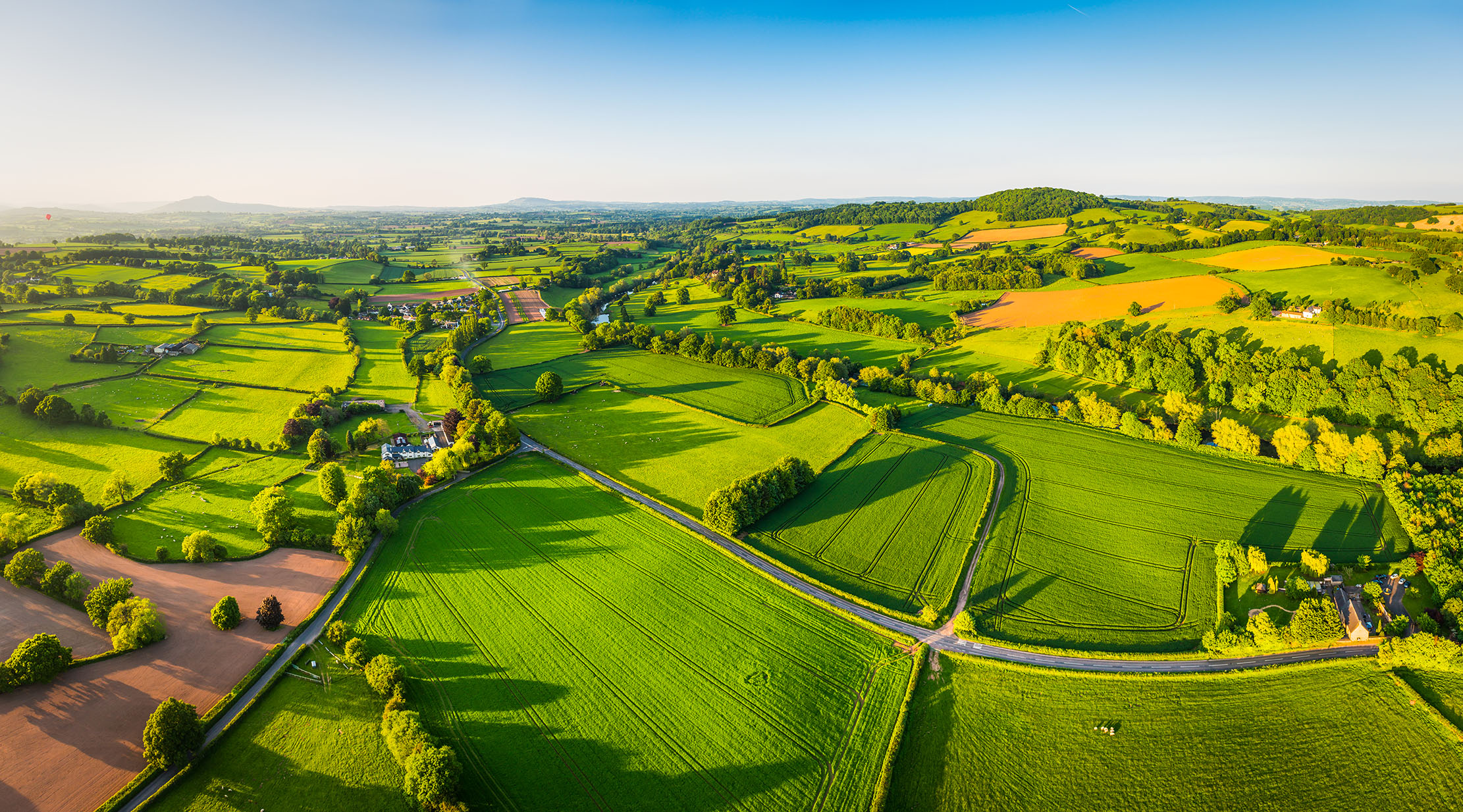
Country Life Today: The incredible difference buying British can make, a heroic rescue and the raccoon dogs invading England
Today we find out just how much better buying British can be; witness the heroics of the painter and decorator

Credit: Getty / EyeEm
Country Life Today: The coming of the Age of Man – the first epoch defined by Man's impact on the environment
The arrival of the Anthropocene as a proposed new global era; a call to re-wild deer-stalking fields in Scotland; how
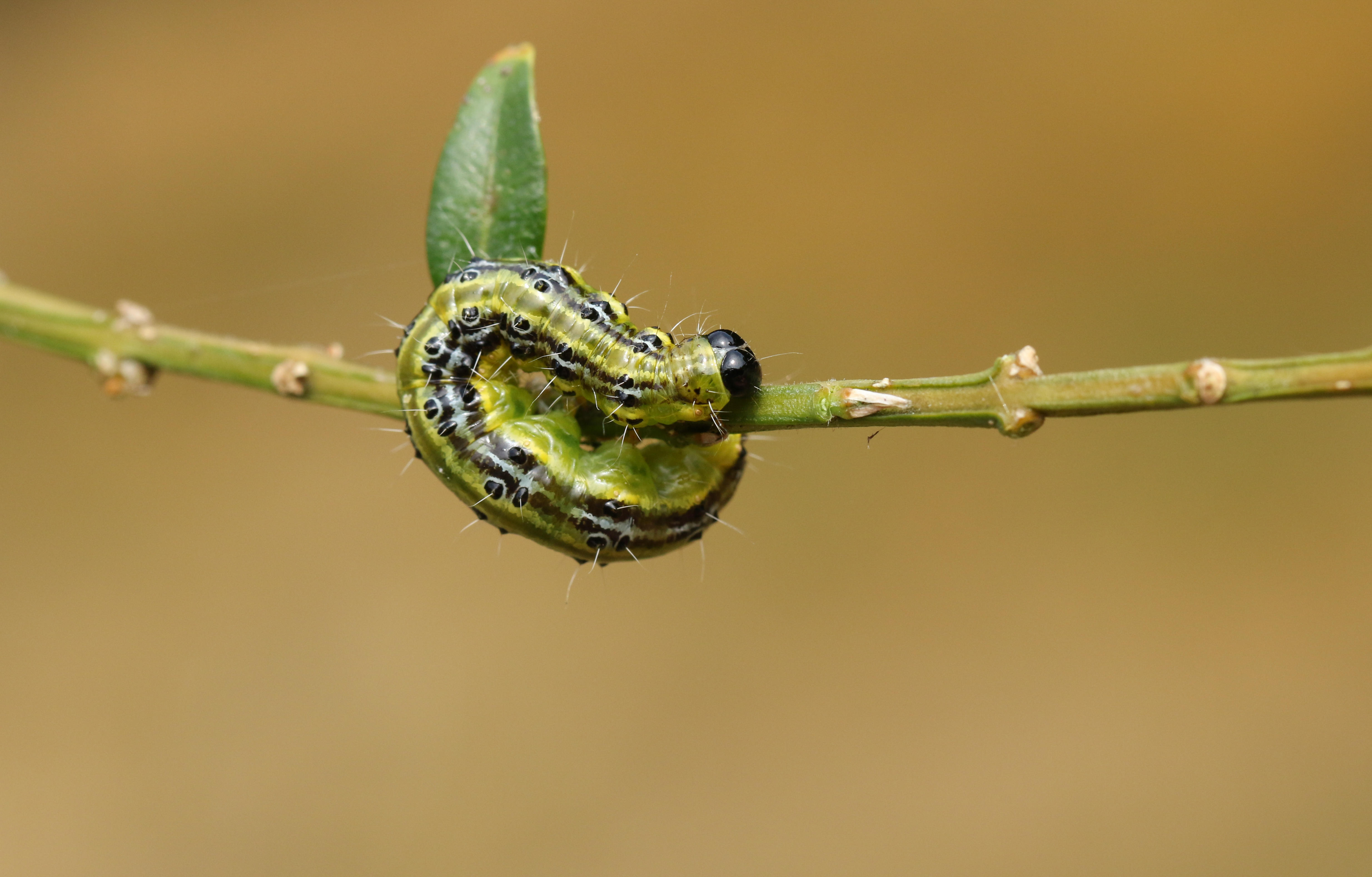
Country Life Today: Box caterpillars knock slugs off top spot in the RHS's list of pests — but is hope at hand?
This morning we report hope in the fight against box caterpillars, take a look at what really happens when wolves
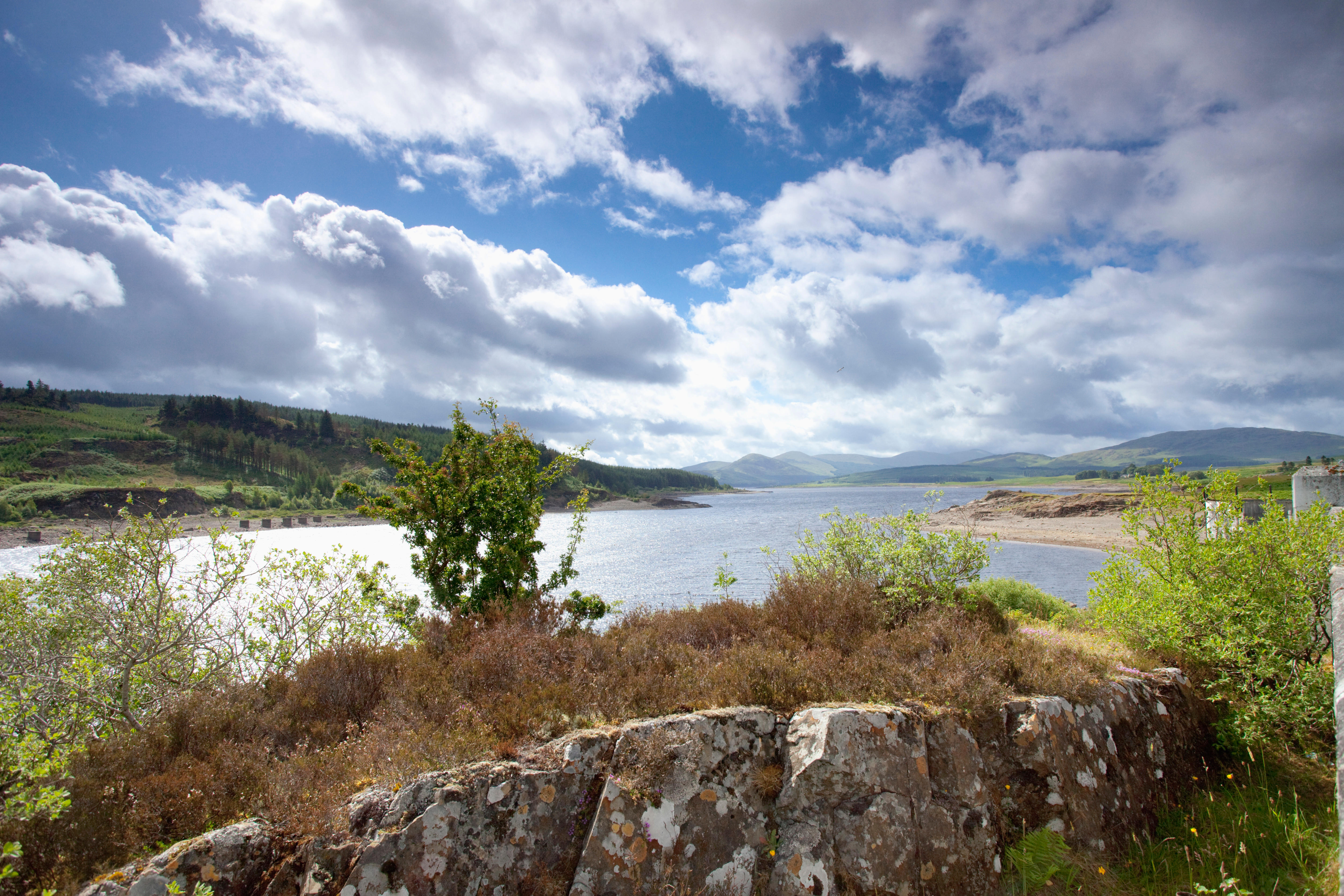
Country Life Today: Nature reclaims an abandoned coal mine, D-Day landmarks get listed status and the £1m Lewis Chessman who spent 50 years in a drawer
This morning we look at an astonishing antique find, how nature is fighting back at 'Scotland's Grand Canyon' and how
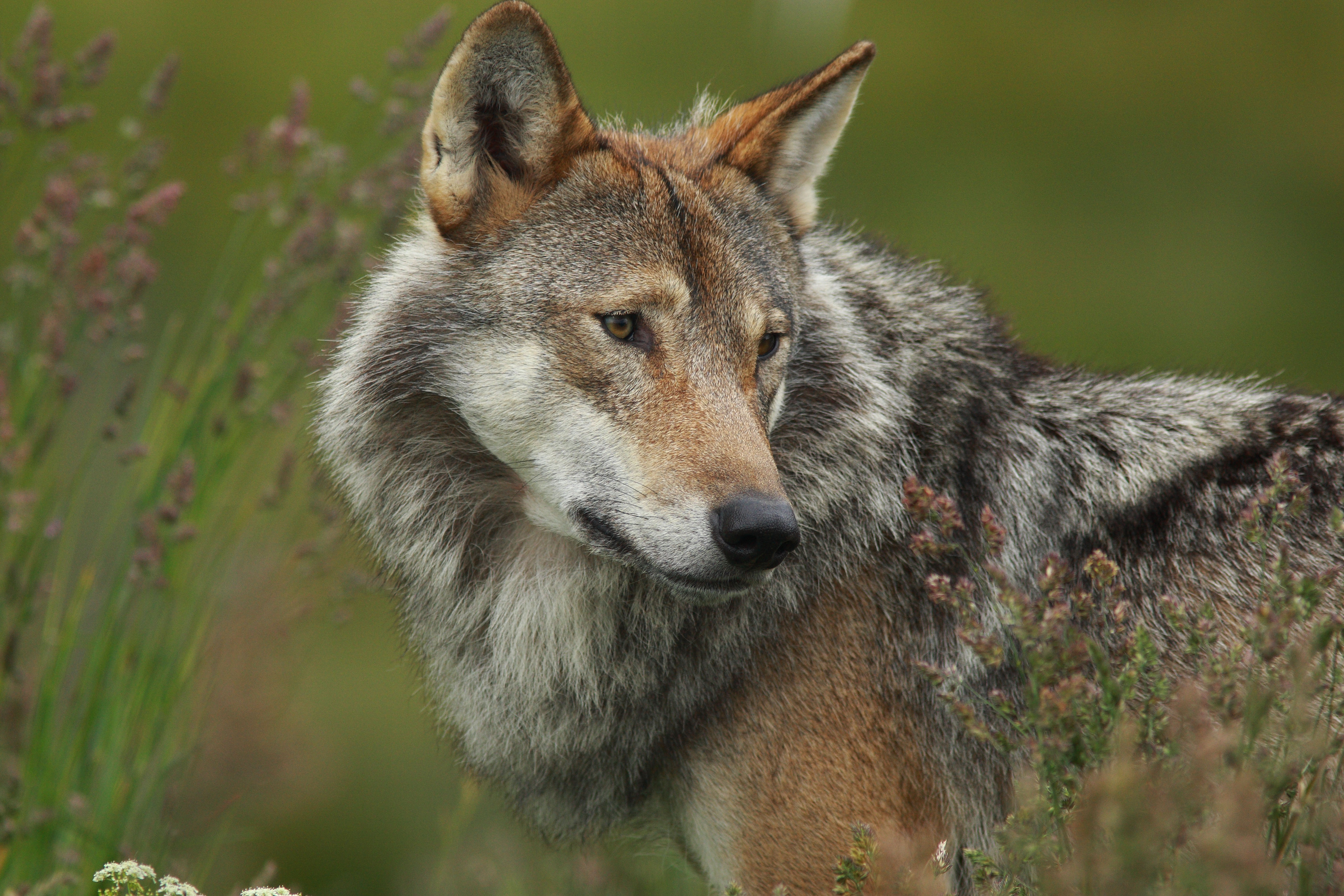
Country Life Today: How wolves could help farmers, the great Scottish tea mystery and why electric ice cream is coming soon to a van near you
Our morning news round-up looks at a new explanation of how wolves could help farmers; heeds a warning about unintended
